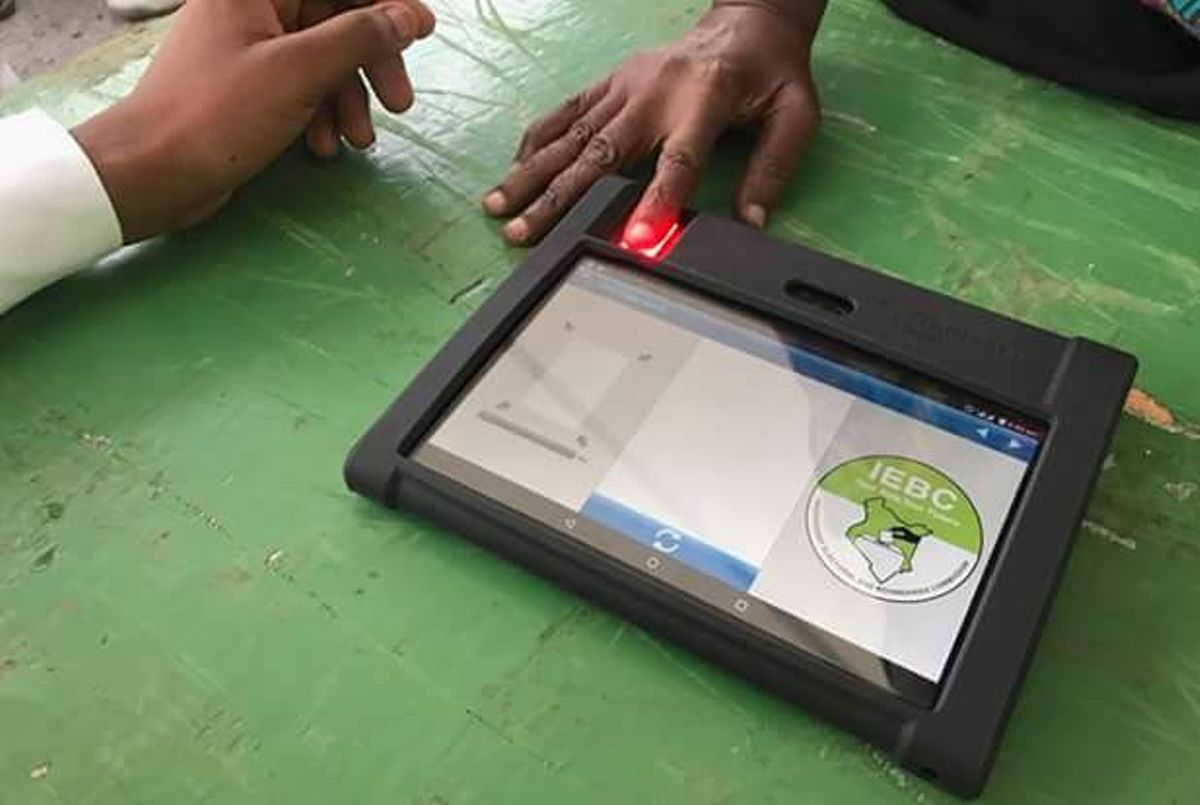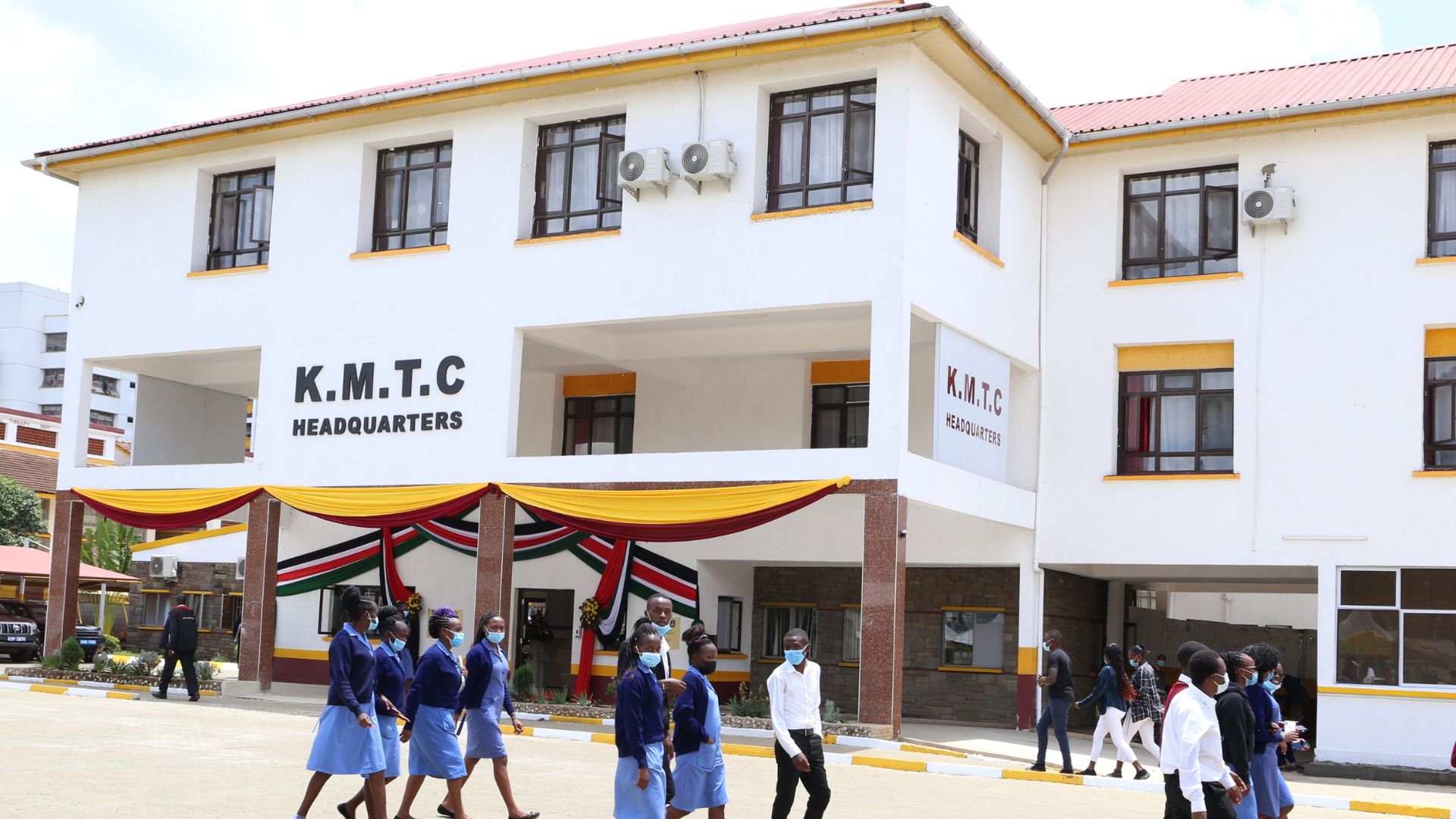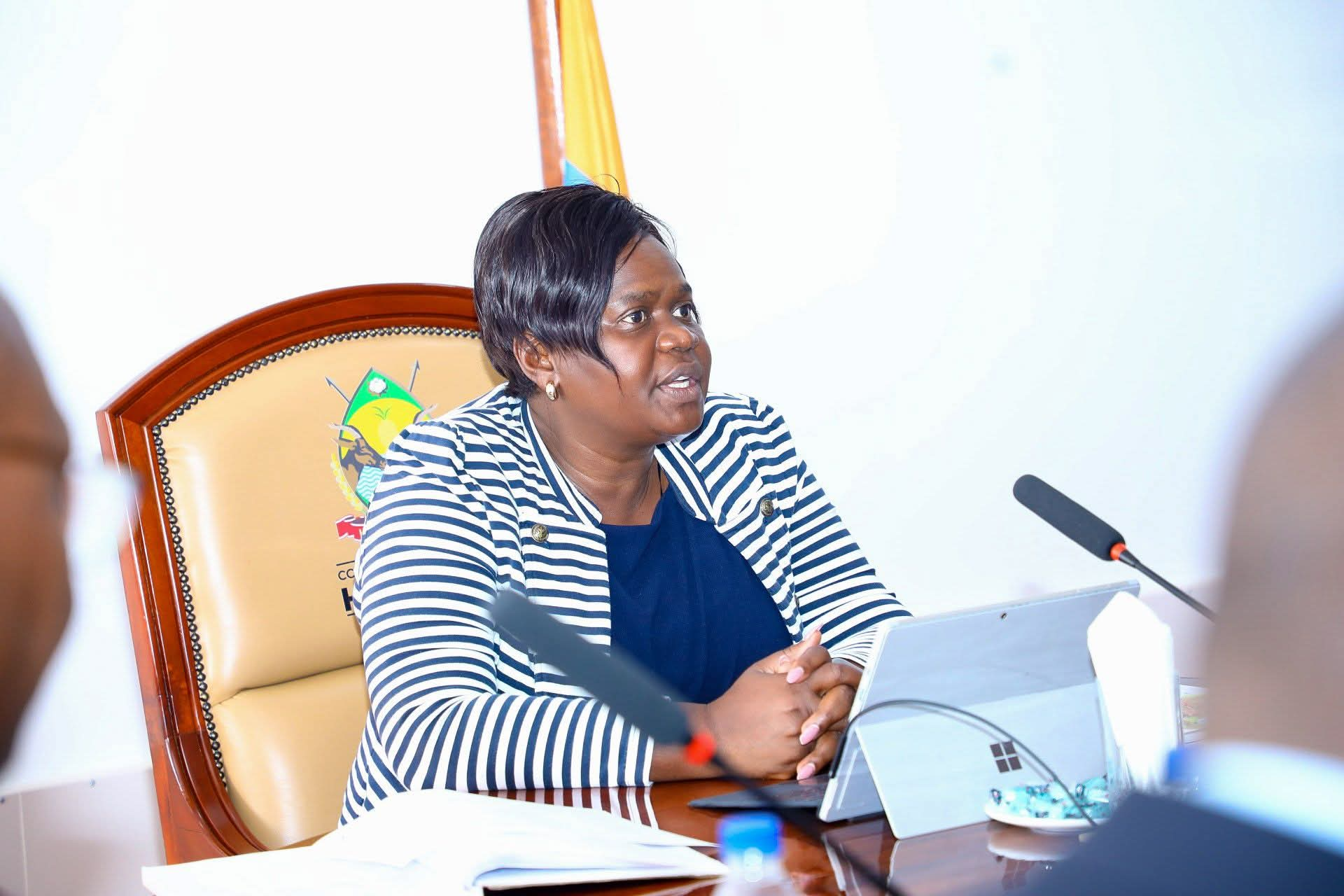President William Ruto on Thursday, October 2, convened a consultative meeting with textile industry representatives following the expiry of the African Growth and Opportunity Act (AGOA).
In a statement, Ruto said he briefed the textile sector stakeholders about his recent discussion with US Secretary of State Marco Rubio in Washington.
The President noted that Kenya and the United States are exploring the extension of AGOA and the establishment of a framework to ensure stable and predictable access for Kenyan products.
“I briefed stakeholders on my recent discussions with U.S. Secretary of State Marco Rubio in Washington, where we explored not only the extension of AGOA but also the establishment of a long-term framework to guarantee stable and predictable market access for our products,” said Ruto.
The Head of State said that if the agreement is reached, it will strengthen the apparel industry, which is vital to Kenya’s economy and the livelihoods of thousands of families.
Read More

“In 2024, for example, Kenya led Sub-Saharan Africa in apparel exports to the United States, earning $600 million and creating 70,000 direct jobs for Kenyans,” Ruto asserted.
He further assured the textile industry stakeholders that operations will continue without disruption.
“In the meantime, I assured them that operations in the industry will continue without disruption as talks with the U.S. Government proceed with the urgency they deserve,” Ruto added.
AGOA, which has been in place for 25 years since May 2000, expired on Tuesday, September 30. The deal was initially planned to run for 15 years, but it was later extended to June 2025.
AGOA provides eligible sub-Saharan African countries with duty-free access to the US market for more than 6,000 products, such as food and beverages, wood, plastics, and rubber, to promote economic growth, trade, and investment in the region.
Kenya has primarily capitalized on the apparel sector, supplemented by smaller exports of macadamia nuts.
The expiry of the pact has left over 66,000 Kenyans working in the textile industry fearing for their employment.
If AGOA is not renewed, Kenyan products could face higher tariffs in the US than those from many developed countries.
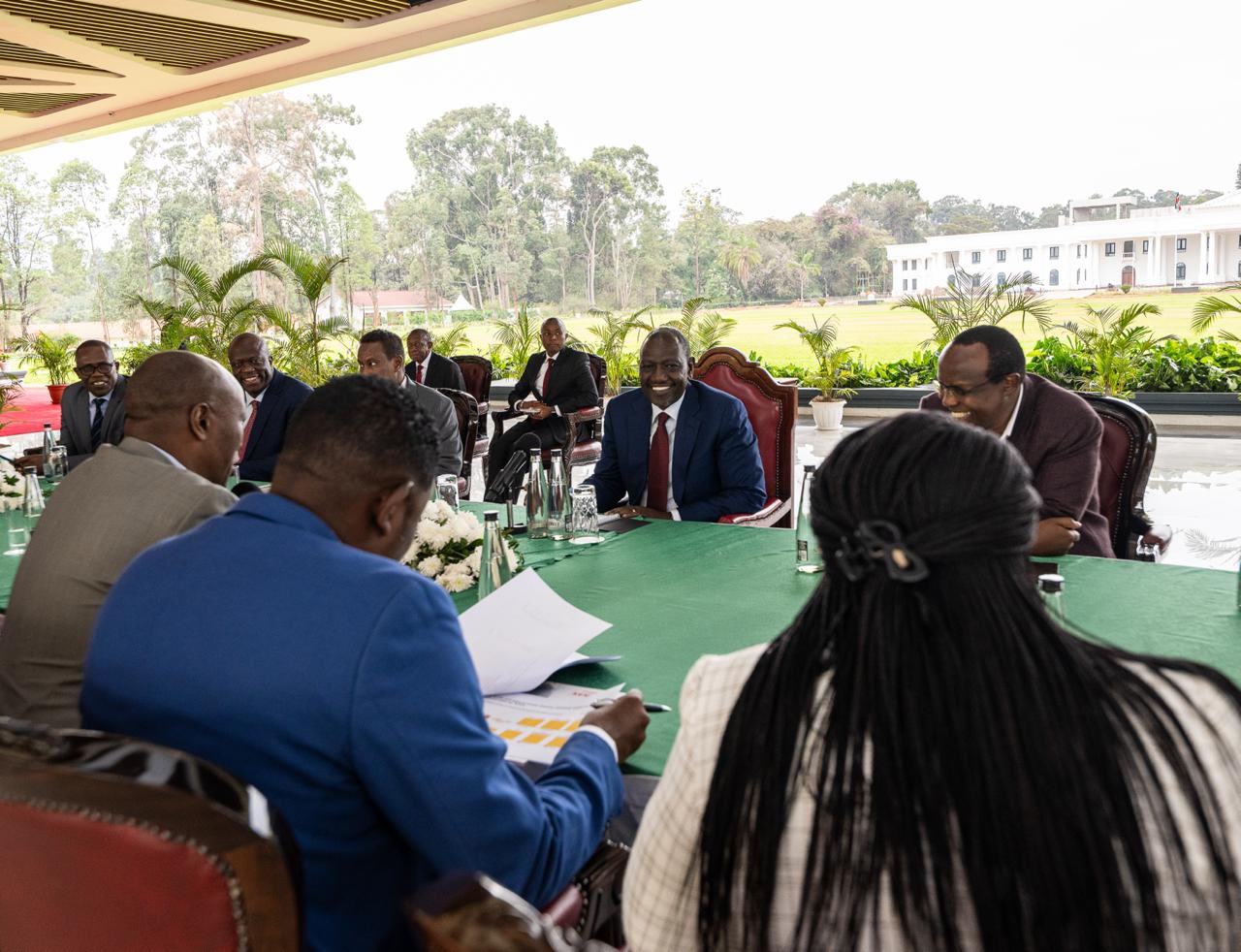
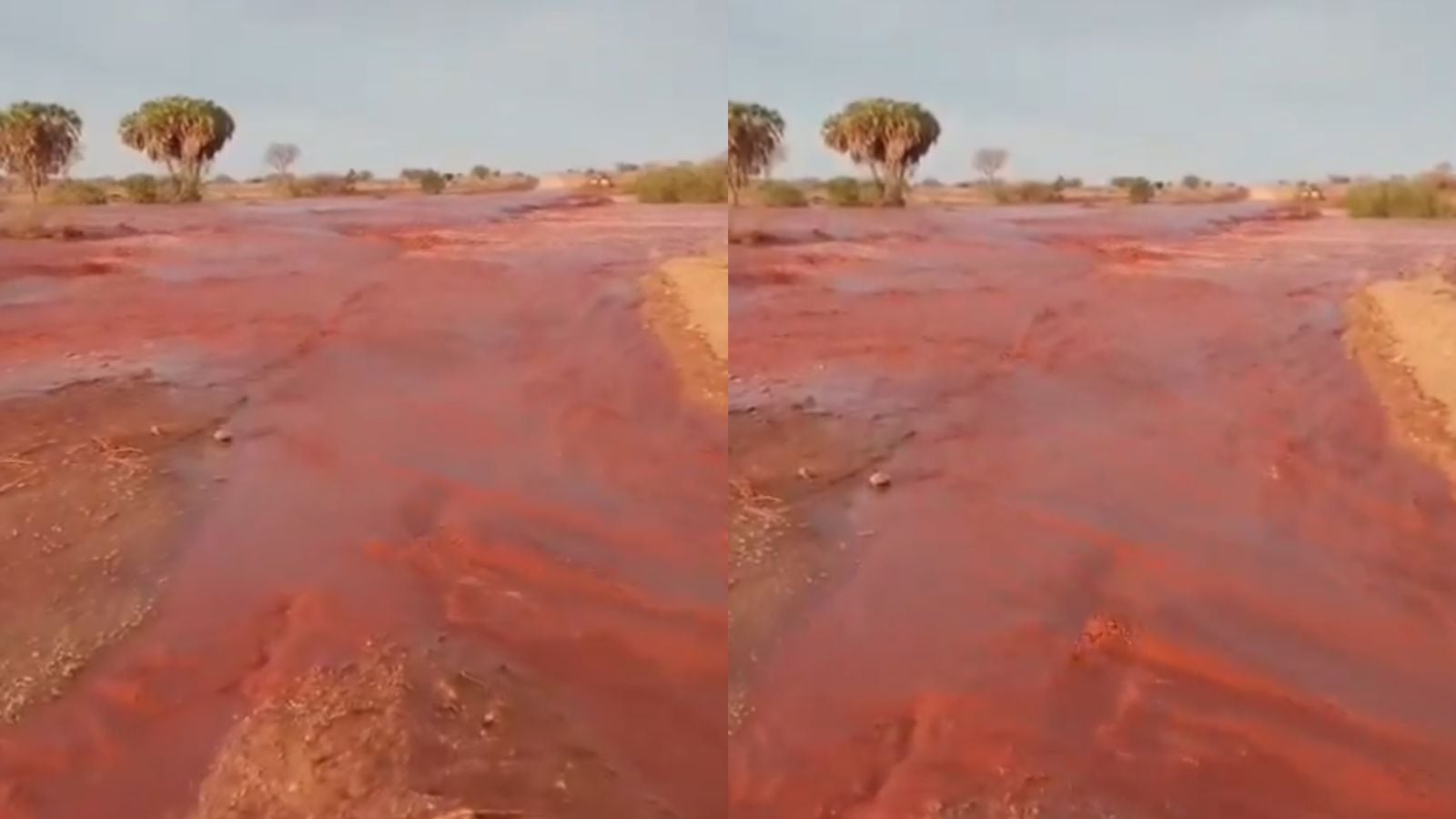
-1772187826.png)
